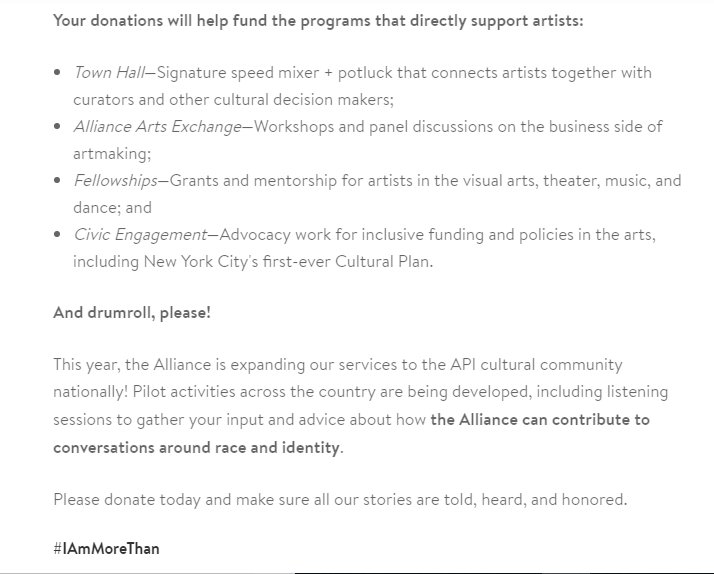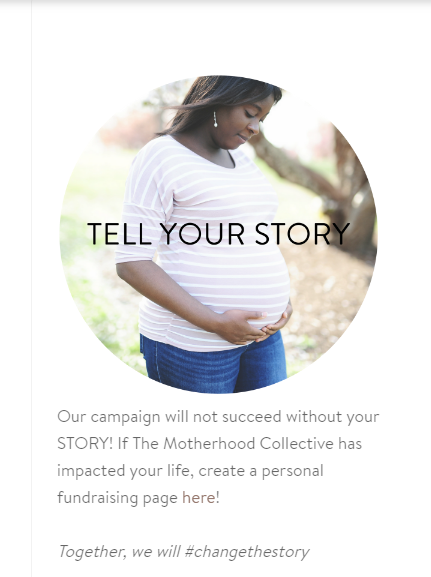If someone told you to, “Write a year-end appeal with two soft asks and a hard ask at the end, aimed at recurring donors, with a mention of planned giving” would you know what to do?
If so, congratulations! You’re probably fluent (or at least conversational) in nonprofit jargon. You understand the specialized language that has developed to talk about fundraising. You know who doesn’t speak this language?
Literally everyone else.
Your clients, supporters, donors, and volunteers understand your cause and the work you do, but chances are, they aren’t particularly hip to fundraising lingo. So if you rely on that language to talk to them, your nonprofit’s communications may be suffering. The instant you cut it out of your communications, you’ll reap three major benefits: clarity, authenticity, and greater connection.
What’s So Terrible About Jargon, Anyway?
Every industry develops its own jargon, and it’s not an inherently bad thing. We develop specialized language because it helps us communicate quickly about something everyone in the industry already understands. The problem is when professional jargon seeps into communications outside of the industry circle.
Jargon Is Confusing
I’m sure even astronauts have jargon. But if I, a non-astronaut, somehow ended up on the International Space Station, I really hope they wouldn’t use industry shorthand to explain what I needed to do. In the same way, donors and peer-to-peer fundraisers are rarely philanthropy professionals, and you should explain things without that specialized language.
Jargon can lose you money. For example, if you ask, “Megan, are you interested in our matching gift program?” and I think you mean, “Do you personally want to match donors’ gifts?” I’m going to tell you no, because I’m only capable of matching donor gifts up to, say, $20 total. If you think of that kind of thing as a “challenge gift,” and were actually asking if my employer offers a match for gifts I make, that jargon-based miscommunication means you missed out. “Megan, does your employer match your charitable contributions?” is clearer.
Fundraising jargon is so deeply woven into everything we do that it’s easy to lose sight of it. Just as a reminder, here are some terms that the average person may be very fuzzy on:
- Planned Giving
- In-Kind Donation
- Capital Campaign
- Challenge Gift
- 501c3
- Development
- Endowment
- Restricted Fund
Jargon Creates Distance
When you use jargon to talk about fundraising, you send an “us and them” message. You are the all-important expert, separate from the people actually receiving your communications. You’re the person who understands the mystery of fundraising, and they are the people who need your messages decoded.
This separation does not make for good fundraising. You want your supporters to feel like they’re part of the team. Have you ever hung out with a group of people who’ve developed an inside language that you don’t share? It can be kind of alienating, right? Using jargon can leave supporters out of the loop in a similar way.
Even if your supporters don’t feel alienated by your jargon, it’s hard to get excited about something you’re not sure you understand. It’s much easier to forget, ignore, or throw away jargony messages because you don’t feel connected to them.
Jargon Doesn’t Add Anything Good
Jargon is good for talking to other fundraising professionals and foundations. That’s basically the limit of its usefulness–shop talk and grant proposals. It doesn’t add anything valuable to your other communications.
As anyone with a cluttered garage can tell you, useless stuff isn’t neutral. It actively takes up room you could use. Just like getting rid of the junk in your garage makes room for your car, clearing the clutter from your communications gives you space to tell your nonprofit story, make the case for support, and inspire your supporters to give. Call it the life-changing magic of tidying up.
The Top 3 Benefits Of Giving Up Jargon
Unlike so many things in fundraising, in which you have to wait to see the fruits of your labor, you can benefit from giving up jargon almost instantly. What do you get when you take it out?
1. Clearer Communication
The first benefit to using “normal” language is that people are much more likely to understand what you’re talking about. When people understand what you’re trying to do, they are much more likely to contribute to making it happen. If I don’t know what a capital campaign is, your invitation to donate to it isn’t going to inspire me to give. Ask me to help you build a house, on the other hand, and I’m already reaching for my checkbook.
The Asian American Arts Alliance has a 35-year history of empowering artists to have agency over their own careers. In their 2017 CauseVox campaign, in which they raised more than $23,000, they used clear, jargon-free language to communicate their goals and explain their programs.

2. Greater Authenticity
A million thought pieces have been written about millennials and their demand for authenticity, but I don’t think any generation has ever loved phoneys. People want to know you’re for real and speaking to them in language that they “get” is how you show it.
When you use clear jargon-free language, you sound less like a fundraising robot and more like a group of humans. People know who you are, which builds trust and loyalty.
I think there’s a temptation for small organizations to hide behind jargon to sound bigger and more established. This is a mistake. The distance you create stops people from connecting with your actual organization, rather than the face you present.
The Motherhood Collective runs an annual campaign, “Maternal Health Matters.” By elevating the stories of the women they serve, the organization shows their authenticity–that they are who they say they are, and do what they claim to do. They don’t use language that separates the “experts” from the supporters. Instead, they make the women who have benefitted from their programs the most important members of the team–no jargon needed.

3. Deeper Connections
When you clearly communicate what you’re doing and what you need, and authentically demonstrate who you are, you give supporters the opportunity to truly connect with you. You become more than one organization in a sea of good causes; you stand out. Donors can then build a relationship with you, based on their understanding and confidence in what you’re doing. Jargon simply cannot deliver that.
Jargon, Be Gone!
To start clearing out your metaphorical garage today:
- Take a look at your last fundraising appeal–is there jargon lurking around?
- As you plan your future communications, keep an eye out for professional fundraising language, and replace it with something clearer.
- When in doubt run things by a volunteer or regular donor.
Clear and authentic communication connects you with your audience, deepens donor relationships, and improves fundraising–don’t let jargon rob you of these benefits.
For more on donor communications, check out:




